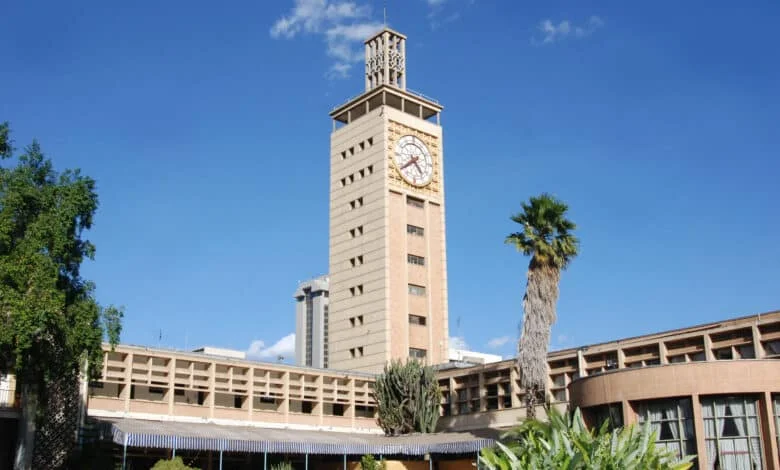Kenyan Parliament Considers Increasing Security Deposits for Betting Firms 400 times to Sh 100m

The Betting Control and Licensing Board (BCLB) and Kenyan lawmakers are deliberating on significant changes to the security requirements for betting companies operating in the country, amid rising concerns over firms failing to pay punters their winnings.
Recent reports highlight a surge in cases where betting firms have failed to settle winnings, raising questions about the liquidity and financial stability of operators in the sector. Peter Mbugi, CEO of the BCLB, noted that the security deposit requirements have increased by 400 percent in recent years, reflecting broader economic changes. “The industry has grown over the years,” he stated. “The money (Sh250,000) was a lot then, but today, can it secure punter deposits in case the company closes?” Mr. Mbugi posed on Wednesday.
The joint committee overseeing the Gambling Control Bill 2023 has scrutinized the security deposit levels, initially suggesting a security of Sh200 million. However, Senators reduced this to Sh20 million, citing concerns over the amount being too high. Ultimately, the committee settled on a security deposit of Sh100 million, citing the scale and potential impact of betting operations.
Read Also: SOFTSWISS Launches First South African Project with Mzansibet
The increase in security deposits aims to bolster consumer protection, especially in online gambling and the national lottery sectors, which have broader reach compared to physical betting outlets. “The committee observes that online gambling and the national lottery would have significantly broader reach compared to physical gambling premises, potentially impacting a larger segment of the population,” the report states. “Proportionately higher security deposits for these operations are therefore necessary to ensure adequate consumer protection.”
The security will be in the form of bank guarantees, requiring lenders to commit to meeting the financial obligations of betting firms — including reimbursing deposits and paying out winnings. However, this heightened financial obligation could adversely affect poorly capitalized firms, potentially leading to exits from the sector, which currently hosts 226 licensed betting companies — more than double the number three years ago.
Under the proposed amendments, betting firms will be required to pay a security deposit of Sh100 million for online gambling operations. The move is part of the broader effort to protect gamblers from losses and to eliminate undercapitalized companies from the market.
The proposal also includes a significant increase from the current security deposit of Sh250,000 to 400 times that amount, as outlined in the Gambling Control Bill 2023, now before Parliament for debate. The Bill aims to replace the existing Betting, Lotteries and Gaming Act, which lawmakers believe no longer reflects the realities of the rapidly evolving gambling industry.
The Bill was tabled in Parliament on Tuesday, with lawmakers eager to fast-track reforms that will ensure a more secure and sustainable gambling sector in Kenya.



















